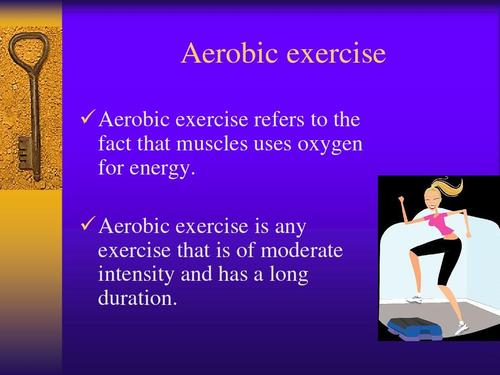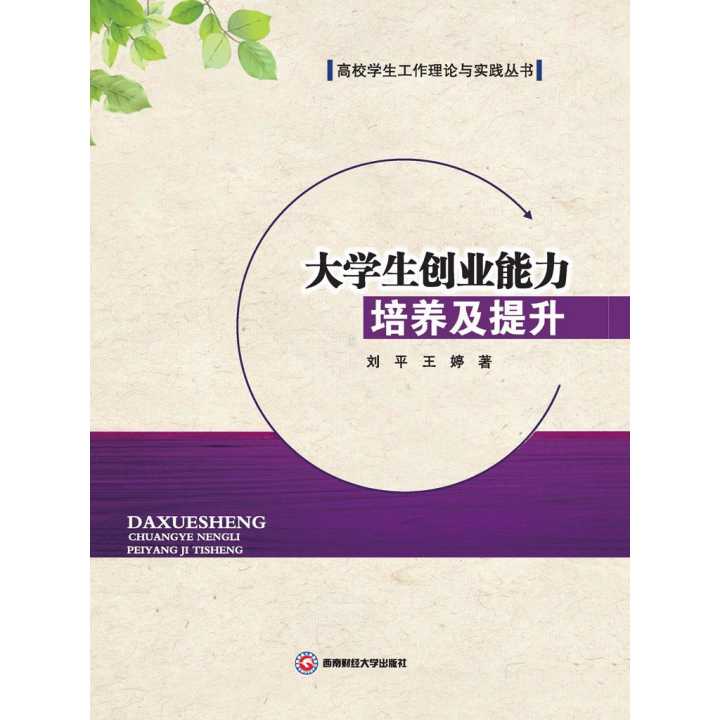主动健康英文
Title: Mingyi: Proactive Health Management in Ancient Chinese Medicine
In ancient China, the concept of proactive health management was deeply ingrained in the practice of medicine. The term "明医" (Mingyi) embodies the essence of this approach, encompassing the proactive and holistic maintenance of health and wellbeing. Let's explore the principles of Mingyi and its relevance to modern proactive health management.
Understanding Mingyi (明医)
Mingyi, or "明" (Ming) and "医" (Yi), can be translated as "bright physician" or "enlightened doctor." The term reflects the proactive nature of health maintenance in traditional Chinese medicine. Mingyi focuses on preventing illness and maintaining balance within the body, rather than simply treating ailments after they have manifested.
Key Principles of Mingyi
1.
Harmonizing Yin and Yang
: Mingyi emphasizes the balance of Yin and Yang within the body. This equilibrium is believed to be essential for maintaining good health and preventing disease.2.
Holistic Approach
: Mingyi practitioners consider the interconnectedness of the body, mind, and spirit. They seek to harmonize all aspects of an individual to promote overall wellbeing.
3.
Diet and Lifestyle Modifications
: Mingyi encourages dietary and lifestyle adjustments to prevent illness. It promotes the consumption of nourishing foods, regular exercise, and stress management techniques.4.
Embracing Nature
: Mingyi advocates aligning with the natural rhythms of the environment. This includes activities such as Tai Chi, Qi Gong, and spending time in natural settings to promote health.Application of Mingyi in Modern Proactive Health Management
1.
Preventive Healthcare
: Just as Mingyi prioritizes preventing illness, modern proactive health management focuses on preventive healthcare measures such as regular health checkups, vaccinations, and screenings.2.
Holistic Wellbeing
: The holistic approach of Mingyi finds resonance in modern practices like integrative medicine, which addresses the physical, emotional, and spiritual aspects of health.3.
Nutrition and Lifestyle Counseling
: Mingyi's emphasis on diet and lifestyle aligns with contemporary initiatives promoting healthy eating habits, regular physical activity, and stress reduction techniques.4.
Environmental Consciousness
: Aligning with the natural world, as advocated by Mingyi, parallels the modern emphasis on environmental awareness, sustainable living, and ecofriendly practices for overall health.Guiding Principles for Individuals
1.
YinYang Balance
: Strive to maintain a balance between work and rest, activity and relaxation, and emotional wellbeing. Pay attention to signs of imbalance and take proactive measures to address them.2.
Holistic Selfcare
: Focus on nurturing all aspects of your being – physical, mental, and emotional. Engage in activities that promote overall wellbeing, such as meditation, yoga, or creative pursuits.3.
Mindful Nutrition
: Embrace a balanced and varied diet, emphasizing fresh, whole foods. Limit processed foods and refined sugars, and stay hydrated to support your body's natural functions.4.
Nature Connection
: Spend time in nature, practice deep breathing outdoors, or cultivate a small garden. Connecting with nature can have a profound impact on mental and emotional wellbeing.Conclusion
The concept of Mingyi exemplifies a proactive and holistic approach to health management, offering valuable insights for modern times. By embracing the principles of Mingyi and integrating them into contemporary proactive health strategies, individuals can cultivate a greater sense of wellbeing and resilience, ultimately contributing to a healthier society as a whole.
版权声明
本文仅代表作者观点,不代表百度立场。
本文系作者授权百度百家发表,未经许可,不得转载。












评论